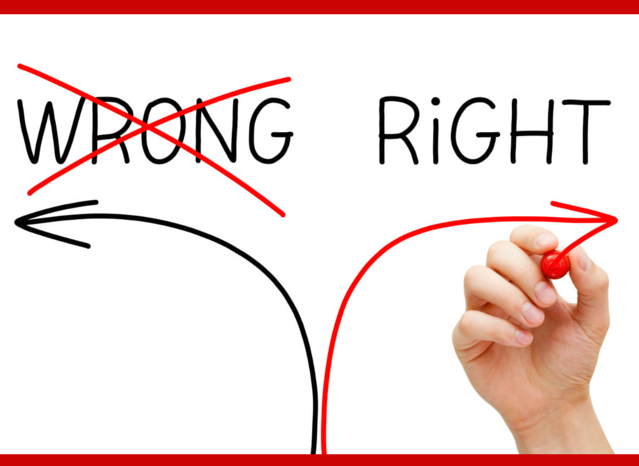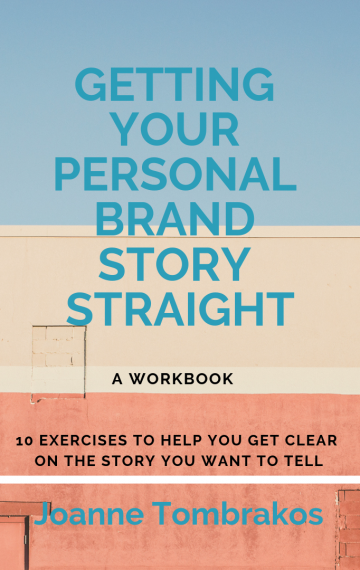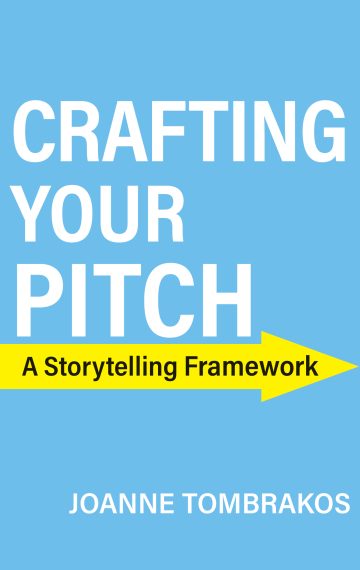Over lunch last week I was talking about a recent in-house corporate workshop I had done on personal branding online. As I looked up from my chicken salad, I could see the surprise on my friend’s face. He didn’t get it. He’s not entirely convinced that there is a need for paying attention to how he shows up digitally. He equates it with wasting time. Plus he found it surprising that any company would want to help their employees improve their digital selves.
I explained that smart companies get it. They understand that online profiles are for much more than simply looking for your next job. Smart companies understand those profiles are a reflection of their staff and an indirect reflection of the company. They see that a work force that understands how to use social networking to their advantage can also serve as brand ambassadors for the company.
My friend’s reaction is not uncommon. And let’s face it – not all companies are smart. Even as the importance of having a good digital profile is more readily accepted and recognized there is still a lot of mystery surrounding it. With that come many misconceptions. I offer six of what I see as the most common.
Personal Branding Online Is Not As Important As Personal Branding In Person. I will never argue the value of human to human interaction. But your personal brand online has become as important as the offline version. It is increasingly the first impression one has of you. If you’re not giving thought to how you show up online, you may never get the chance to strut your stuff in person.
No one is ever going to Google me. Somewhere along the line Google became a verb. We Google restaurant locations, vacation destinations and questions we want answered. Long ago we stopped buying anything we have not done an investigate online search for. Yet less than half of us claim to be aware we – as in people – are being searched and only 6% have set up any sort of alert to let us know when our name is being mentioned somewhere in cyberspace.
It’s all about LinkedIn. In my Your Digital You course, I always tell people that if they are nowhere else online and they want to stay marketable – they need to at least have a presence on LinkedIn. But LinkedIn alone is not all that makes up your digital footprint. The awful truth is that everything you do online is being tracked. Everything. And it will be searchable. According to Jobvite 93% of recruiters will review a candidates social profile before making a hiring decision and they are not just limiting themselves to LinkedIn.
It’s only important when you are looking for a job. This is one of the biggest mistakes anyone can make. I see it time and time again where people wait until they are unemployed to get that profile up. They got so comfortable in their current jobs that they forgot to pay any attention to networking outside of their company. They fail to understand that social networks are not just a place to share pictures of cats – but a place to learn, to connect with like minded people and keep up with their industry. And if they so desire a place to increase influence and demonstrate expertise.
Twitter is useless. The perception on the outside is that Twitter is nothing more than people sharing what they had for breakfast. What they don’t get that is that Twitter is also a research tool that carries a lot of influence. You can follow people you want to know more about and companies you want to connect with. You can share your expertise. And if you listen – and yes – social networking is as much about listening as it is about talking – you have the opportunity to learn.
There is no place in my online brand for being human. In a world in which it is so easy to connect globally, we are all lonelier than ever. We search for points of engagement. Adding a little slice of who you are as a person is what differentiates you from the noise. I am not suggesting sharing pictures of you dancing on a bar stool – unless that happens to be what you do for a living – but I am suggesting your profile sounds like and looks like you and gives me something beyond a list of job skills. A lot of jargon or what David Meerman Scott calls gobbledygook – those paragraphs you need to read three times to understand – is not a sign of a human. Include something in your profile that lets us know you are a living, breathing person – one whose brand is clear and we want to know better.
This article has also appeared on The Huffington Post




Leave a Reply